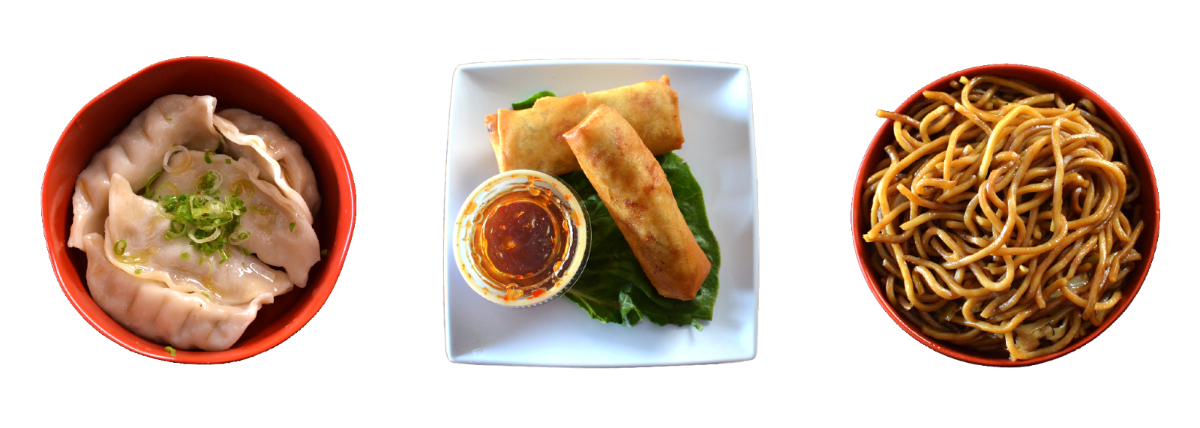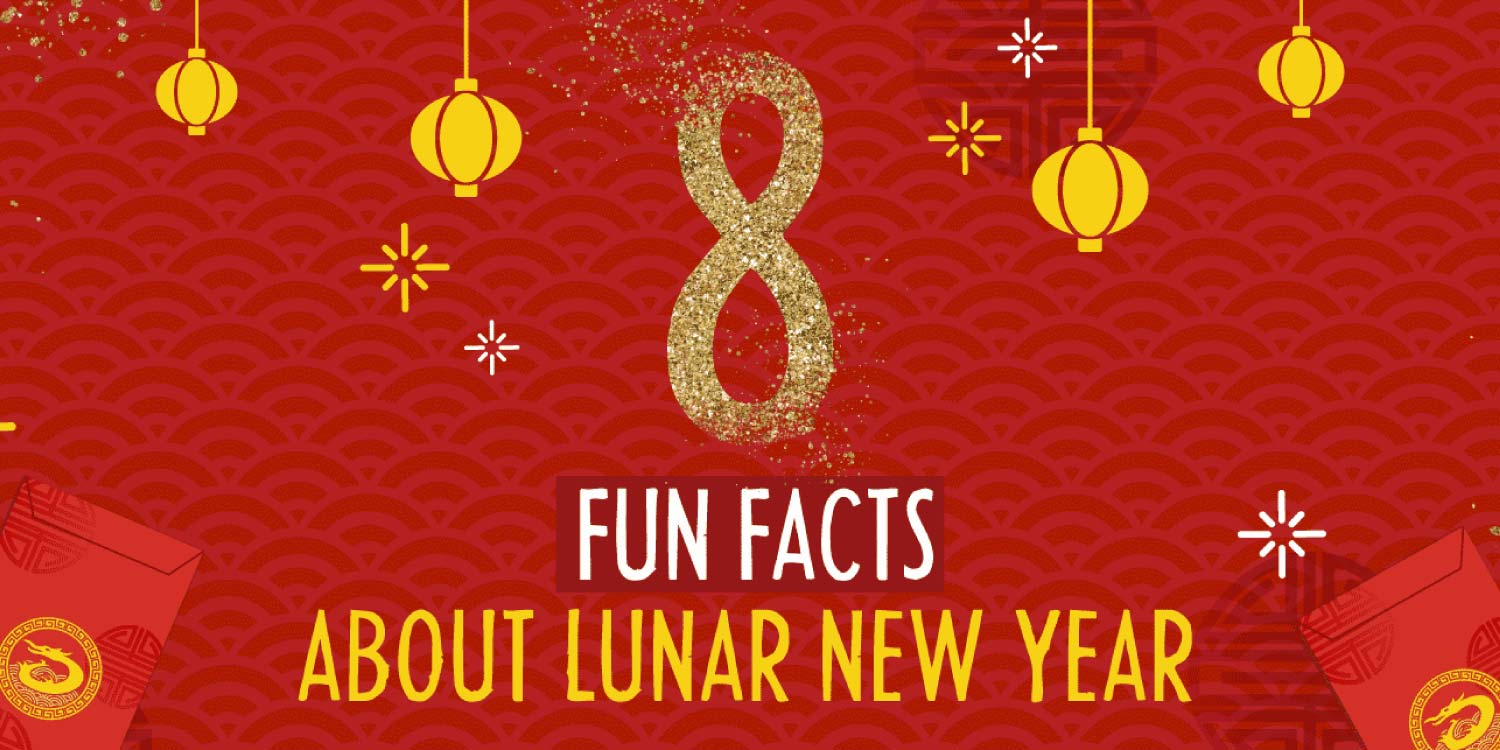One sixth of the world’s population honor this holiday. Whether or not you personally observe it, we at Bento would like you to celebrate with us!
What is this holiday? Lunar New Year, also known as the Spring Festival, is observed not only in China, but also celebrated in other countries such as (but not limited to): Hong Kong, Korea, Australia, the Philippines, and Vietnam – as well as the plethora of Chinatowns you may have stumbled upon in your quest for the best soup dumplings or steamy baos.
With so many people celebrating this big occasion, we’ve put together a list briefing you on the basics. That way at the next gathering you can possibly impress your Lunar-New-Year-celebrating friends while eating dumplings vs just being there for the dumplings. After reading, we hope perhaps you’ll become a Lunar New Year aficionado or at the very least learn something you didn’t know!
What exactly is Lunar New Year?
The first day of a sacred new year whose months are ruled by the phases of the moon – definitely not as rigid as the western calendar!
How long has the holiday been around?
History tells us the Lunar New Year existed as early as the 14th century B.C..
In its beginning, the festival was a time to honor heavenly spirits and ancestors. Like most holidays however, Lunar New Year is an excuse to get together with your loved ones and feast!
It’s also important to note that each year is tied to characteristics of one of the 12 zodiac animals.
When is Lunar New Year?
Depending on the movement of the moon, the festival date switches up yearly. However you can expect it to fall between mid-January and mid-February. This year the Lunar New Year is on Saturday, January 25th (mark your calendars, folks).
How long is the festival?
The holiday is observed for 15 days until the Lantern Festival, which closes out Lunar New Year.
This year’s lantern festival falls on February 8th. It is customary for people to gather, eat dumplings, light lanterns, and enjoy folk dancing.
What is the significance of the color red during Lunar New Year?
You may notice a very apparent theme of red throughout this festival from paper cuttings, lanterns, art, and envelopes with money. You may also be wondering, why red?
In Chinese culture, the color red represents happiness, prosperity, good luck, and can ward off evil spirits (and who needs evil spirits lingering? Good vibes only).
How do you say Happy New Year in Chinese?
“Guo Nian Hao” is a very popular Lunar New Year greeting. Go ahead, and try! Just make sure as many people possible are around to hear 🙂
How do people celebrate Lunar New Year?
Many people prepare for the big holiday by cleaning. The tradition is rooted in the belief that cleaning the home will literally sweep away the bad energy that accumulated inside over the past year (kinda like out with the old and in with the new – we’re down with that).
It is also believed that the number 8 symbolizes good luck as the Chinese character for ‘eight’ rhymes with fortune. Many people will set up their decorations in sets of eight such as a tray of eight candies, treats or fruits.
Other traditional ways to celebrate include visiting a temple, setting off firecrackers, attending parades and folk dances, and our personal favorite: feasting. Eating Chinese dumplings and spring rolls are believed to bring prosperity because their shapes resemble ancient gold.
Eating long noodles is a symbol of life longevity. Thankfully we’ve got all your dumpling, spring roll, and lo mein needs covered at Bento – to help keep you lucky, all year round!

Why are red envelopes given during Lunar New Year?
The significance of the red envelopes is the red paper and not the money that is sometimes inside (although the cash is always an added bonus). Red is regarded as a way to extend good wishes in the Chinese culture, while wrapping money in red envelopes symbolizes happiness and blessings to the recipients. The red envelope in China is called “yasui qian” which translates to suppressing ghosts’ money. Good vibes only, remember?
Those who get a red envelope are wished another safe and peaceful year.
While this list is a brief summary of the special occasion for so many, we hope that it provided some useful information about the holiday!
Are there other facts you would include or are there any other topics about the holiday you have more questions about? Please feel free to let us know in the comment section! We at Bento wish you a very Happy Lunar New Year!






